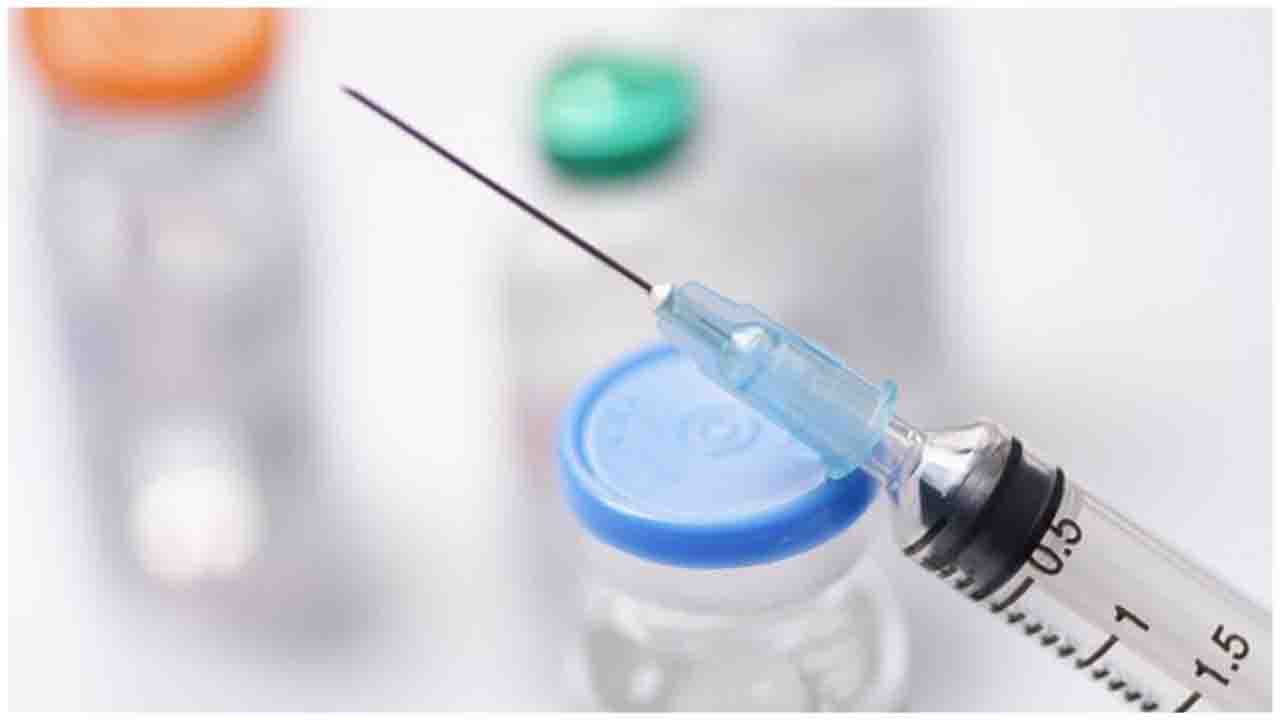Drugs Controller General of India (DCGI) has given nod to the Serum Institute of India (SII) to conduct phase 2 and 3 human clinical trials of COVID-19 vaccine developed by Oxford University.
The approval for conducting phase 2 and 3 clinical trials by the SII was granted by DCGI Dr VG Somani late last night after a thorough evaluation based on the recommendations of the Subject Expert Committee on COVID-19.
The expert panel at the Central Drugs Standard Control Organisation (CDSCO) had on Friday recommended granting permission for phase 2 and 3 clinical trials of the vaccine - Covishield on healthy adults in India.
The firm has to submit safety data, evaluated by the Data Safety Monitoring Board (DSMB), to the CDSCO before proceeding to phase 3 clinical trials.
Currently, phase 2 and 3 clinical trials of the Oxford vaccine are going on in the UK, phase 3 clinical trials in Brazil and phase 1 and 2 clinical trials in South Africa.
A record of 51,255 recoveries has been registered in the country in the last 24 hours. This is the highest number of recoveries in a single day since the outbreak of the pandemic in the country. With this, the recovery rate has improved to 65.43 per cent. The case fatality rate has further declined to 2.13 per cent.
The Health and Family Welfare Ministry said a total of 11,45,629 people have recovered from COVID-19 in the country so far. 54,735 new cases of Coronavirus have been reported in the last 24 hours, taking the total number of cases to 17,50,723. Presently, the total number of active Corona cases in the country is 5,67,730. In a single day, 853 deaths have also been reported taking the nationwide toll to 37,364.
The Indian Council of Medical Research said that a total of 4,63,172 tests were conducted by various laboratories within 24 hours. Overall, 1,98,21,831 tests have been conducted in the country so far. At present, 1,344 laboratories across India are conducting COVID-19 tests that include 913 government laboratories and 431 private laboratory chains.
Meanwhile, the World Health Organization has warned that the coronavirus pandemic is likely to be lengthy. The statement comes after an emergency committee of WHO met to evaluate the crisis six months after sounding the international alarm.
The committee also warned of the risk of response fatigue given the socio-economic pressures on countries. The panel gathered for the fourth time over the coronavirus crisis, half a year on from its January 30 declaration of a public health emergency of international concern - the WHO's highest level of alarm.
The committee highlighted the importance of sustained community, national, regional, and global response efforts.
The committee urged the WHO to provide nuanced and pragmatic guidance on COVID-19 reactions to reduce the risk of response fatigue in the context of socio-economic pressures.

 Serum Institute allowed to carry on final trials of the Oxford University vaccine
Serum Institute allowed to carry on final trials of the Oxford University vaccine










.jpeg)

.jpeg)
.jpeg)

.jpeg)


.jpeg)



.jpeg)
.jpeg)
.jpeg)


.jpg)


.jpeg)
.jpeg)